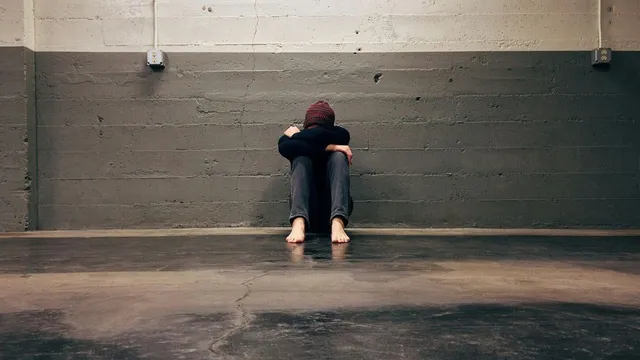Home owners will be offered 30 per cent off home electric batteries under a Labor scheme to give thousands of dollars in taxpayer subsidies to any household that wants the power-bill reducing devices, regardless of their wealth. Prime Minister Anthony Albanese Anthony will unveil a Cheaper Home Batteries Program, which this masthead revealed Labor was planning last week , as a centrepiece of a campaign speech on Sunday in Brisbane to counter criticism of his failed 2022 pledge to lower power prices. Prime Minister Anthony Albanese at a press conference in Longreach, Queensland on Saturday.
Credit: Alex Ellinghausen Labor is pledging to pay for 30 per cent of the purchase and installation cost of a new home battery with rooftop solar panels, which it said could shave $4000 off overall costs, though the systems could still take a decade to pay for themselves. The government forecasts the discounts would spur a wave of investment resulting in more than 1 million new batteries by 2030, at a cost of $2.3 billion.

Take-up of the scheme will not be limited by the purchaser’s income, and the total cost to taxpayers of the batteries subsidy is not capped, similarly to Labor’s tax breaks for leasing EVs, which has blown out. The scheme is not capped on dollar amounts but by battery size – limited to one system per premises – with five to 50-kilowatt-hour capacity eligible for support, and total capacity not exceeding 100 kilowatt hours. Albanese is facing criticism for failing to deliver his 2022 election pledge to cut power bills $275 by 2025.
He said on Friday that cost-of-living relief was the government’s top priority and Labor was promoting clean energy to cut greenhouse emissions. “This is good for power bills and good for the environment,” Albanese said in advance of the announcement. Albanese pointed to industry and government calculations that show a household battery can cut a typical power bill by about $1000 a year.
It does this by charging up on free solar power from rooftop panels during the day and discharges it at night, when the electricity grid hits peak demand and price. Four million Australian homes have rooftop solar panels, but only about 250,000 have batteries . Widespread battery uptake would also reduce electricity demand at peak times, putting downward pressure on power prices for households without solar panels or batteries.
A typical household battery costs $10,000 or more, with installation adding at least several thousand to the bill. That means homeowners could be left facing a decade-long wait until they have recouped their expenditure, even with Labor’s discount. Prime Minister Anthony Albanese visits a sheep farm owned by Martin Eggerling and Rebecca Eggerling, south of Longreach, Queensland, to inspect flood damage.
Credit: Alex Ellinghausen Power bills have risen by up to $500 since Labor formed government and pledged an ambitious rollout of renewable energy that it said would supply cheaper, greener electricity to swiftly cut bills. Since then, the renewables rollout has faltered, the prices of coal and gas have spiked due to Russia’s invasion of Ukraine and power bills have gone up. Opposition Leader Peter Dutton has seized the opportunity to attack the government’s energy policy, proposing instead to build seven nuclear plants and reserve gas for domestic use in the meantime.
Labor is doubling down on its promise to boost the share of renewables to 82 per cent of the grid by 2030, despite experts’ forecasts that the rollout is only on track to hit 60 per cent by the end of the decade. Albanese said on Saturday, as he toured flood ravaged outback Queensland, that global warming was making natural disasters worse. “What the science told us was that there would be more extreme weather events, so more frequent and more intense.
That is what we’re seeing played out, not just here in Australia, but right around the world,” he said. Labor’s scheme could be combined with assistance on offer from state governments. NSW provides a grant for household battery buyers of up to $2400, while in Victoria, a four-year interest-free loan of up to $8800 is on offer.
The discount on offer to battery buyers will decline over the years until 2030, as purchase prices are expected to decline. The rate of subsidy can be adjusted year-by-year, guided by uptake under the scheme. Small businesses and communities would also be eligible for subsidies, under different terms.
Cut through the noise of federal politics with news, views and expert analysis. Subscribers can sign up to our weekly Inside Politics newsletter ..
Politics

Labor to subsidise home batteries up to $4000 for households

The prime minister is doubling down on his clean energy ambitions in response to criticisms of soaring power bills.














